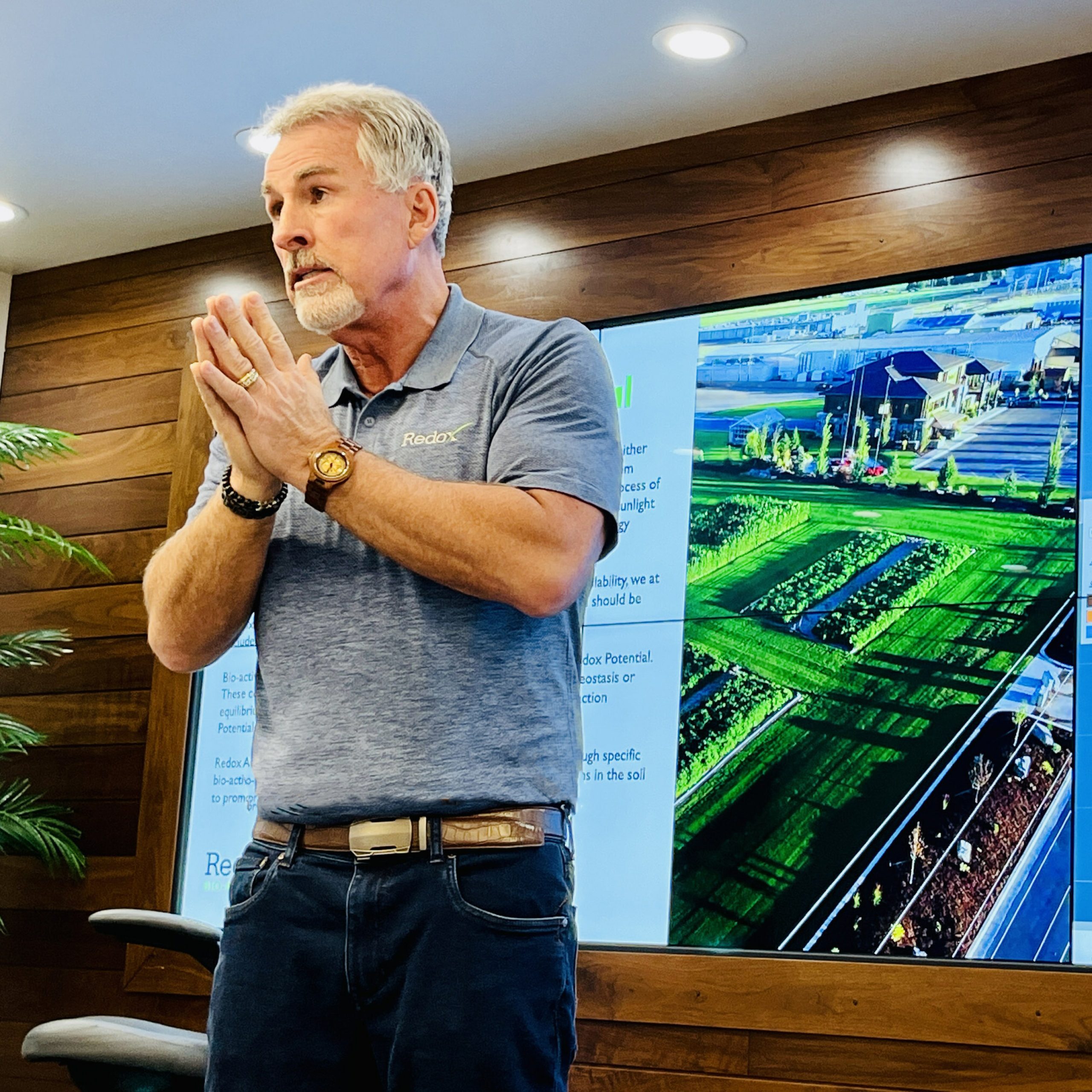Sistema.Bio plans installing 25,000 biogas units in India

Sistema.Bio, known for its biodigesters that convert agricultural waste into biogas and biofertilizer, plans to expand its reach in India by installing 25,000 new units in Telangana and Andhra Pradesh over the next two years. This initiative is part of the company’s broader effort to support smallholder farmers and promote sustainable agricultural practices.
Currently, the company collaborates with over 75,000 farmers nationwide and has the capacity to manufacture more than 9,000 biodigesters monthly. Atul Mittal, the commercial director of Sistema.Bio, highlighted that the company has established approximately 4,500 units in these two states and is keen on further expansion.
Sistema.Bio’s biogas systems are designed for small-scale farmers who typically own three to four cattle. This setup ensures a steady supply of dung, a key input for the biodigesters, which in turn provide up to four hours of clean cooking gas each day. Alongside energy, the systems produce more than 100 liters of bio-fertilizer daily, cutting down on the need for chemical fertilizers and reducing overall operational costs for farmers.
“These installations are not just about energy production; they are about fostering a cycle of sustainability on the farm,” Mittal explained. “The use of bio-fertilizer supports healthier soil and plants, and the reduced reliance on chemical inputs aligns with broader environmental goals.”
The focus on Telangana and Andhra Pradesh is strategic, reflecting the importance of the dairy sector in these regions. Sistema.Bio’s expansion plans include partnerships with local universities, private companies, and cooperative dairies to ensure the effective deployment of the new units.
Recognizing the financial constraints faced by many smallholder farmers, Sistema.Bio has structured its pricing and financing models to make the technology accessible. The company’s smallest biogas plant costs approximately Rs 36,000, but through various subsidies and financing mechanisms, farmers might only need to contribute between Rs 6,000 and Rs 15,000.
“We are leveraging carbon financing and CSR initiatives to reduce the upfront costs for farmers,” Mittal stated. “This approach has proven effective in promoting the adoption of biogas technology, especially in regions where initial investment capacity is low.”
The switch to biogas technology has significant economic benefits for farmers, particularly through the reduction in chemical fertilizer use. Over a typical two-crop cycle, these savings can be substantial. The bio-fertilizer produced by even the smallest units is enough to nourish several acres of land, and excess can be sold to nearby farms, creating an additional income stream.
Sistema.Bio’s biodigesters are designed for durability and ease of use, with minimal moving parts and simple daily maintenance. While the current systems primarily process animal and food waste, the company is researching ways to include agricultural waste, which requires more complex processing.



